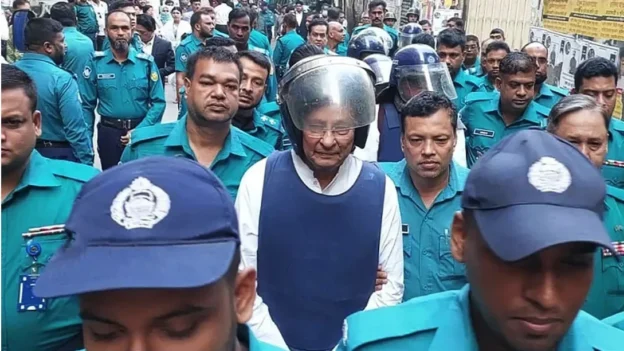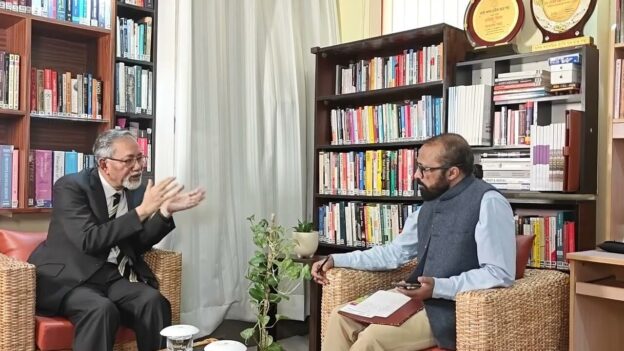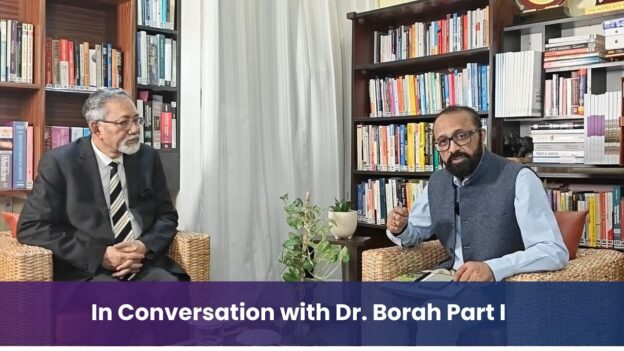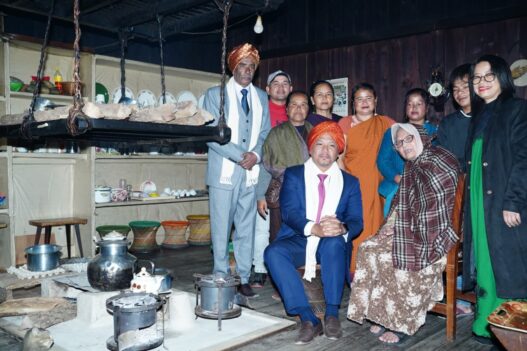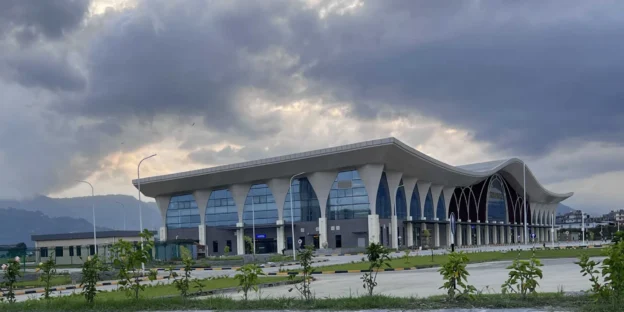The international community, particularly the United Nations, has increasingly begun to take note of the rising violence and human rights violations against minorities in Bangladesh, especially in the Chittagong Hill Tracts (CHTs). Reports of atrocities, allegedly committed by radical elements and supported by factions aligned with the present interim government, have alarmed global human rights bodies. In response, the UN has issued a strong statement, calling for immediate action to protect the Indigenous Jumma Peoples, who have been subjected to violence, forced displacement, and systematic marginalization.
On 15 October 2024, the Chairperson of the United Nations Permanent Forum on Indigenous Issues, Ms. Hindou Oumarou Ibrahim, and the UN Special Rapporteur on the Rights of Indigenous Peoples, Mr. José Francisco Cali Tzay, delivered a joint statement urging the Interim Government of Bangladesh to take immediate steps to address the situation. Their call focuses on ending impunity, protecting the rights of indigenous communities, and ensuring accountability for recent violent attacks against the Jumma Peoples in the CHTs.
The UN experts emphasized that the recent outbreak of violence is not an isolated incident but part of a long history of discrimination, forced evictions, and militarization targeting indigenous communities in the region. They demanded an impartial investigation into the September 2024 attacks and stressed the need for social media platforms to prevent the spread of hate speech and misinformation that further fuels conflict.
Furthermore, the UN representatives called for the full implementation of the CHT Peace Accords of 1997, aligning with national and international legal standards, including the UN Declaration on the Rights of Indigenous Peoples. Article 7 of the Declaration grants Indigenous Peoples the right to live in peace and security, free from acts of violence or genocide. The UN experts also urged the Bangladeshi government to allow the United Nations to monitor the situation and conduct an independent investigation into the reported human rights violations.
This global attention, led by the United Nations, is viewed as a critical moment in the ongoing struggle for the rights of the Jumma Peoples. Suhas Chakma, Director of the Rights & Risks Analysis Group (RRAG), commented on the significance of the UN’s intervention, stating, “This joint statement by the UN experts is a significant step towards recognition of the crime of genocide and other acts of violence being perpetrated upon the indigenous Jumma peoples of the CHTs.” Chakma placed the responsibility on Dr Mohammed Yunus, the Chief Advisor of Bangladesh’s Interim Government, suggesting that his legacy now hinges on whether he will uphold his image as a Nobel Laureate for peace or be remembered as a leader who presided over gross human rights violations.
With pressure mounting on the interim government to act, the response in the coming months will be crucial in determining the future of the indigenous communities in the Chittagong Hill Tracts. As international organizations focus on the crisis, there is hope that the Jumma Peoples’ rights will finally be recognized and protected.


